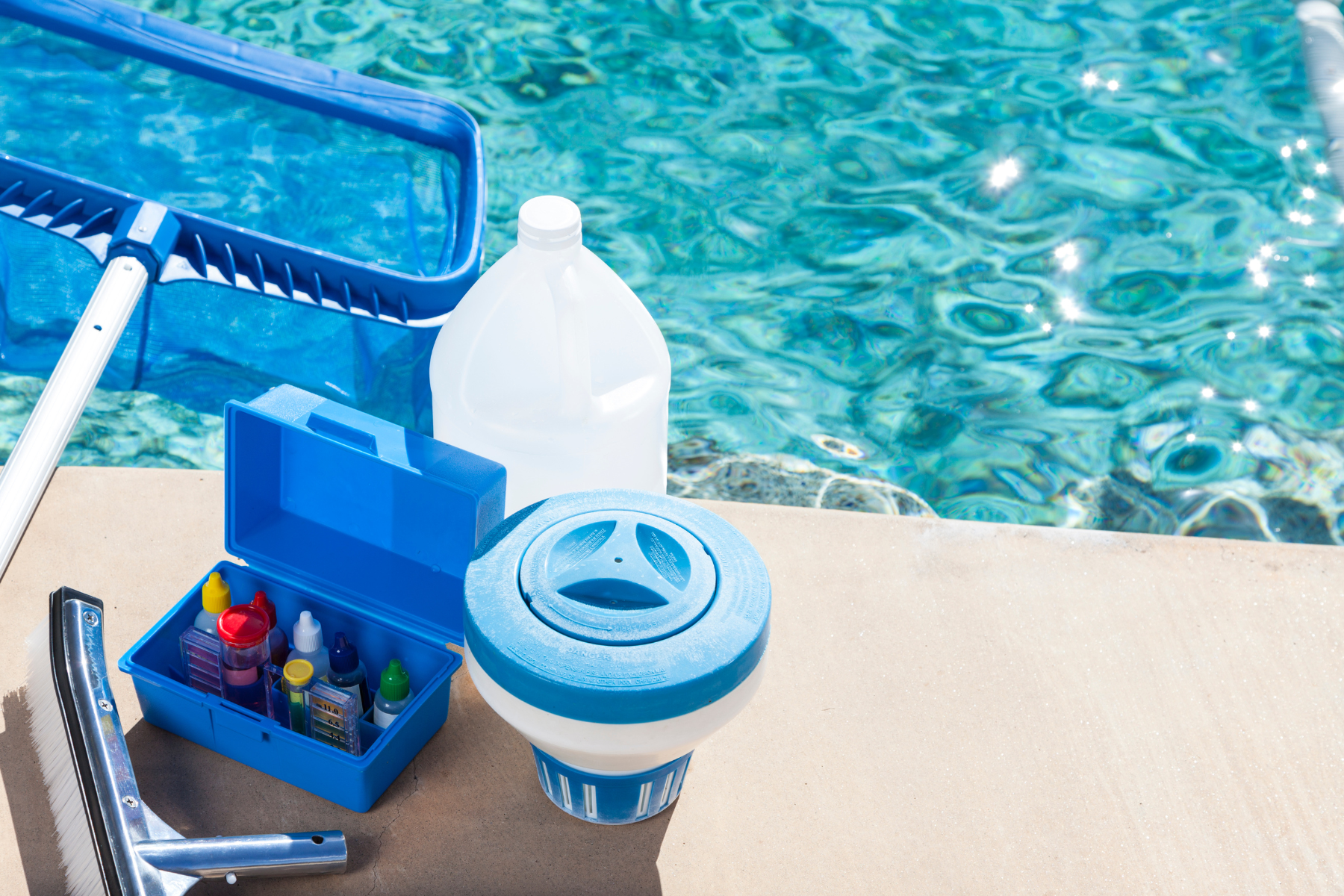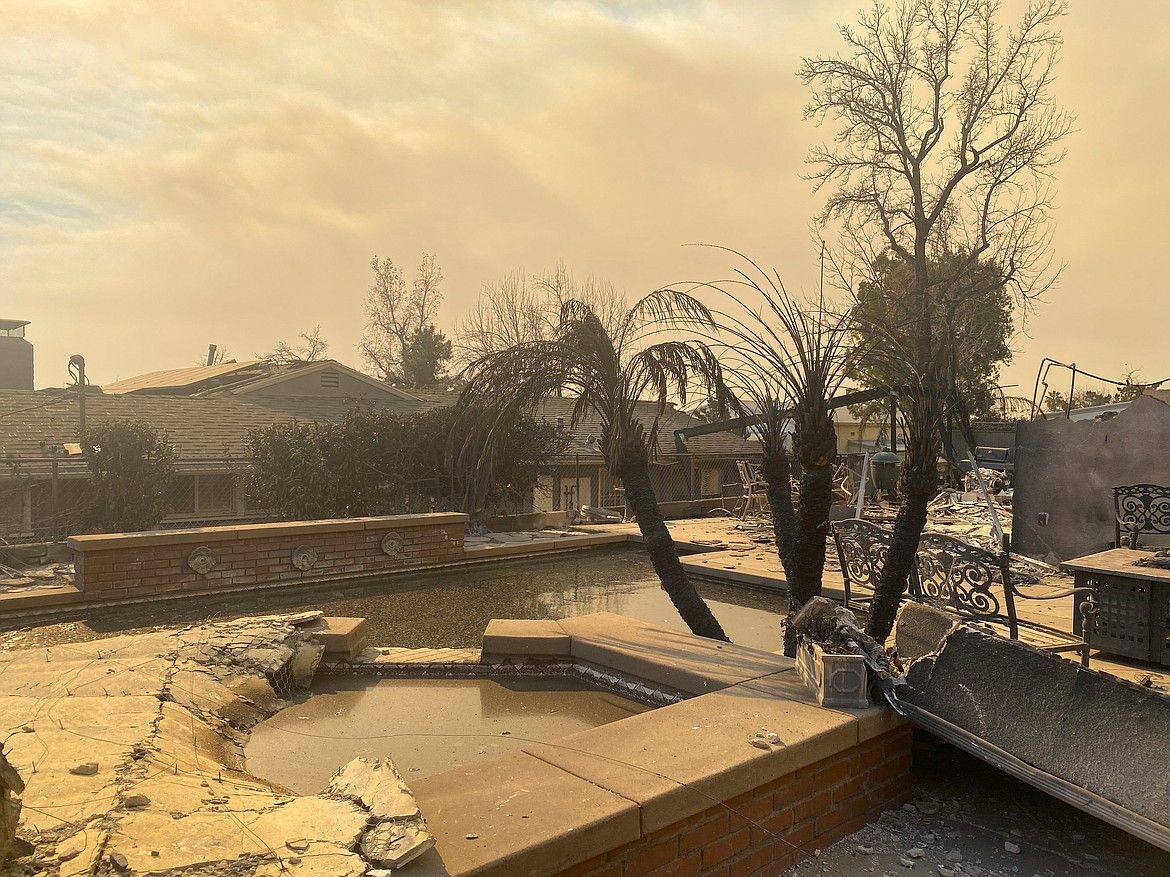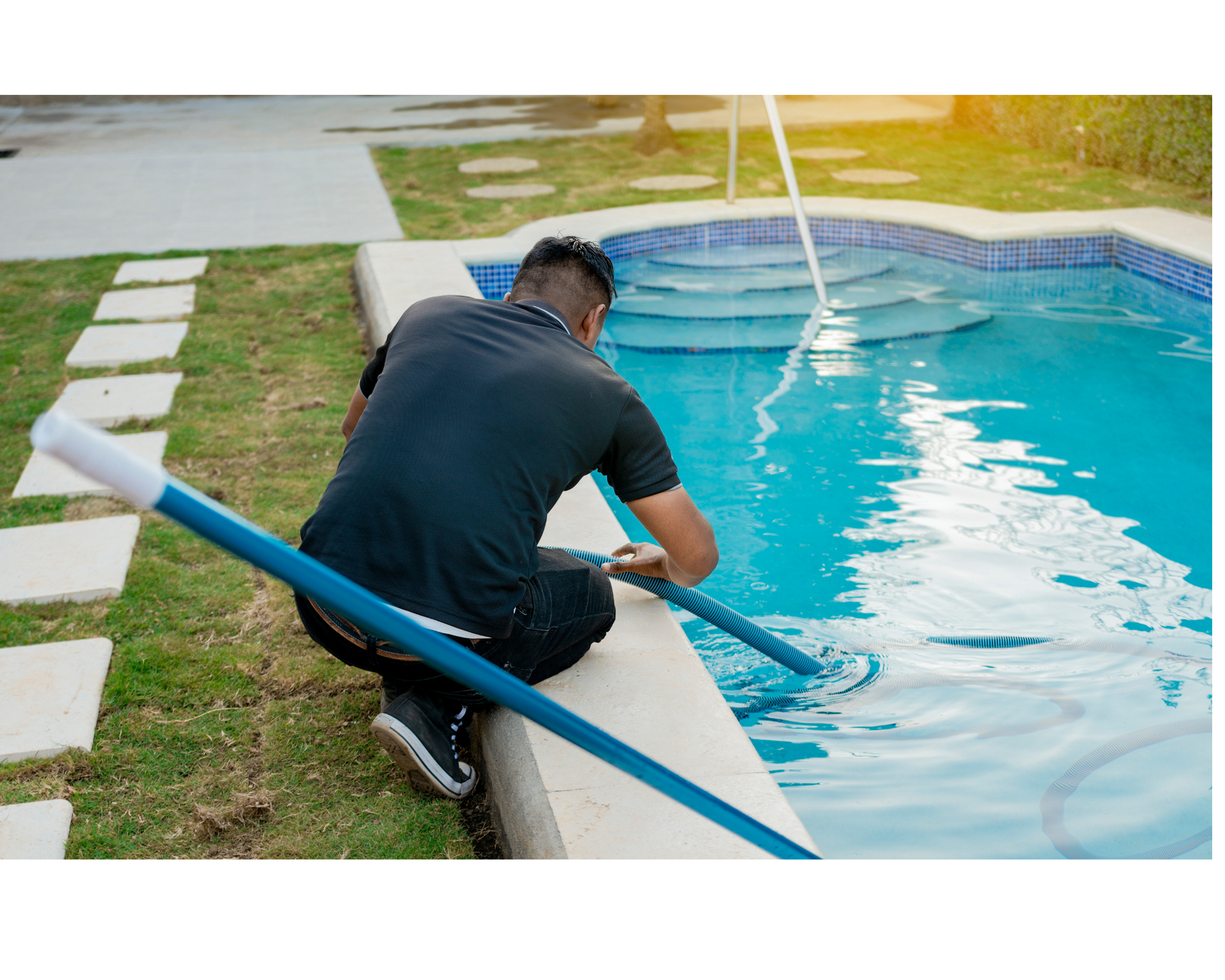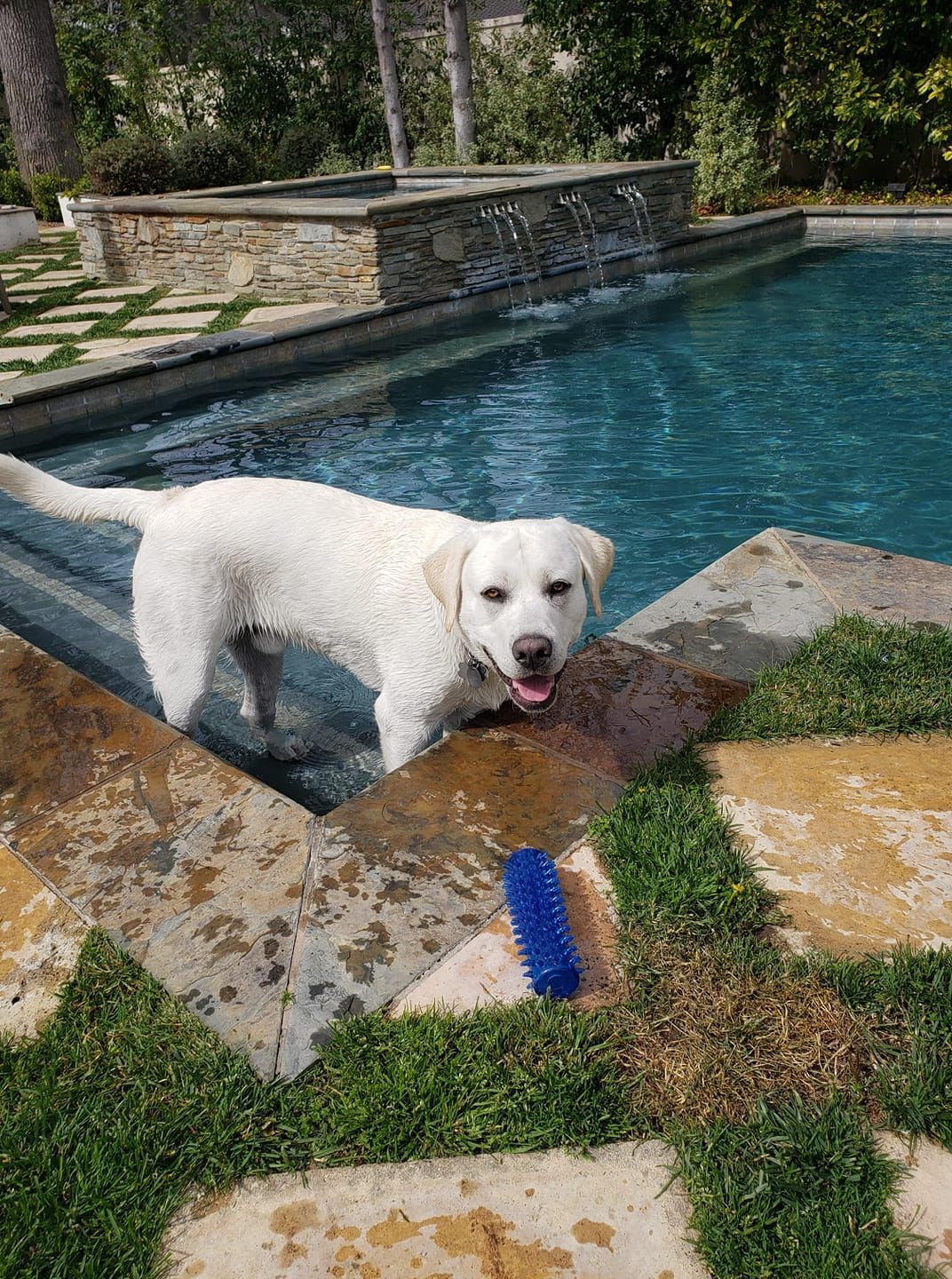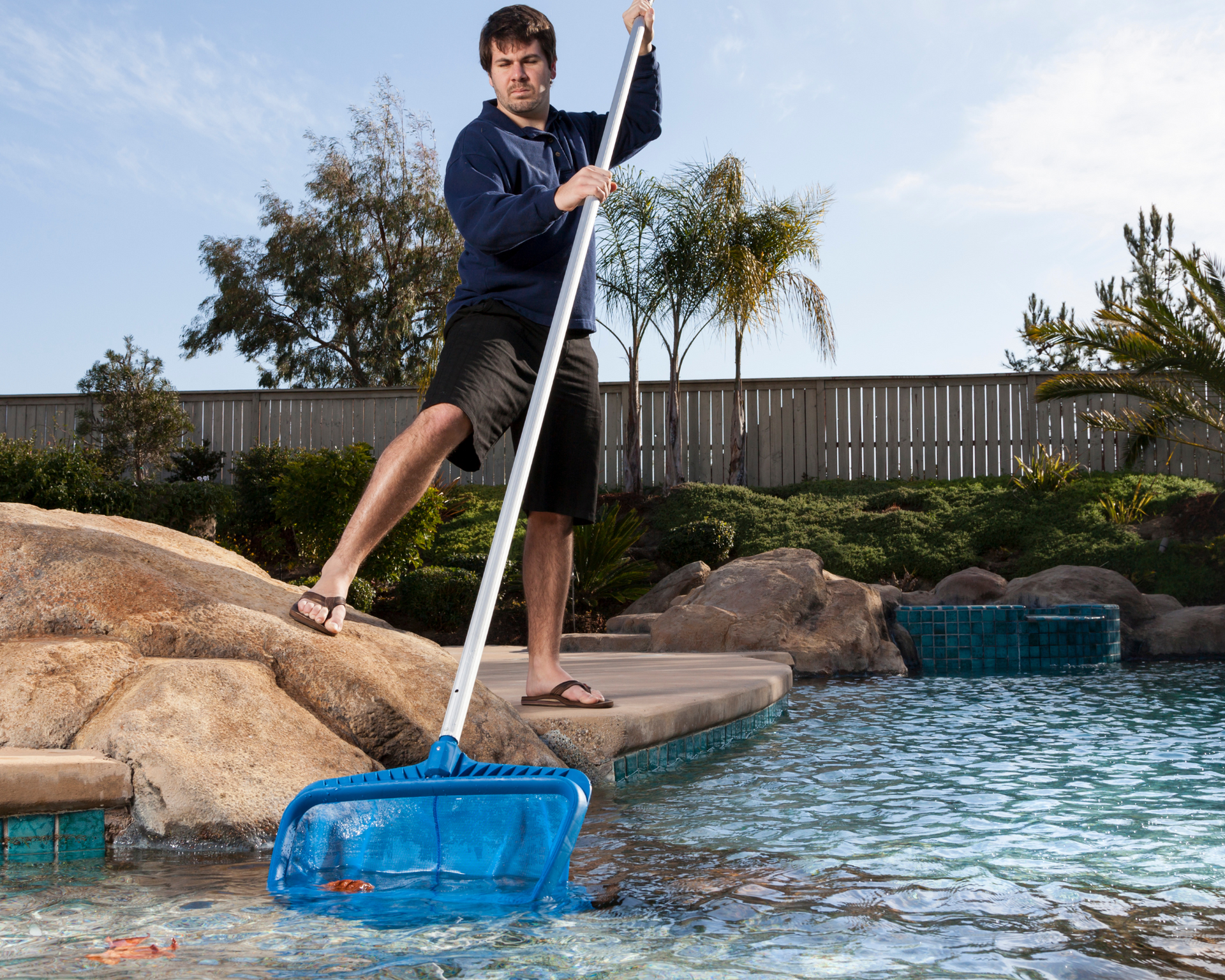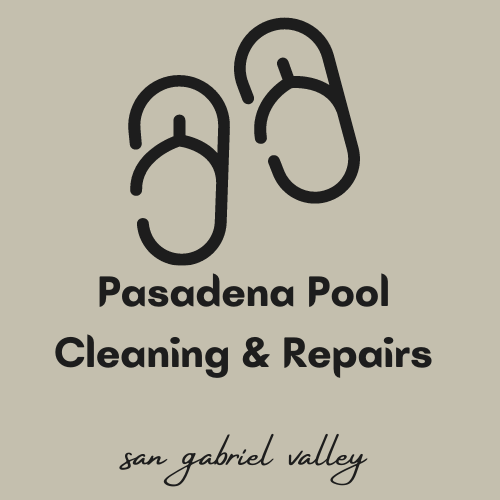What is Swimming Pool Maintenance?
What’s Involved In Maintaining a Swimming Pool?
Swimming pool maintenance refers to the regular tasks and activities undertaken to keep a swimming pool clean, safe, and in proper working condition. Proper maintenance is essential to ensure the longevity of the pool, water quality, and the safety of swimmers. Here are some key aspects of swimming pool maintenance:
Water Chemistry:
- Regularly testing and adjusting the chemical balance of the pool water is crucial. This involves monitoring levels of chlorine, pH, alkalinity, and other chemicals to ensure the water is sanitary and safe for swimming.
Skimming and Cleaning:
- Skimming the pool's surface to remove leaves, debris, insects, and other floating items is a routine task. Regularly cleaning out skimmer baskets and pump baskets helps maintain proper water circulation.
Vacuuming and Brushing:
- Vacuuming the pool floor and walls helps remove dirt and debris that may settle on the bottom. Brushing the walls and tiles helps prevent the growth of algae and the buildup of calcium deposits.
Filter Maintenance:
- The pool's filtration system is essential for removing impurities from the water. Regularly cleaning or backwashing the filter is necessary to maintain its efficiency.
Water Level Maintenance:
- Keeping the water at the correct level is important for the proper functioning of the skimmer. If the water level is too low, the pump might suck in air, affecting circulation.
Inspecting and Maintaining Equipment:
- Regularly inspecting and maintaining pool equipment, such as pumps, motors, heaters, and lights, is crucial. This helps identify and address any issues before they become major problems.
Shock Treatment and Algaecide:
- Periodically, pools may require "shocking" to raise chlorine levels and eliminate contaminants. Algaecides may also be used to prevent or treat algae growth.
Winterizing (for Seasonal Pools):
- For pools that are not used during the winter months, it's important to properly winterize the pool. This involves adjusting chemical levels, lowering the water level, and protecting equipment from freezing temperatures.
Regular Inspections:
- Periodic inspections of the pool structure, including the pool liner, tiles, and other components, help identify any signs of wear, leaks, or damage that may need repair.
Safety Measures:
- Ensuring that safety features, such as pool covers, alarms, and fencing, are in good condition is an integral part of pool maintenance to prevent accidents.
Regular and proactive maintenance is key to keeping a swimming pool in optimal condition. Many pool owners prefer to establish a routine maintenance schedule or hire professional pool maintenance services to ensure that all aspects of maintenance are consistently addressed.
